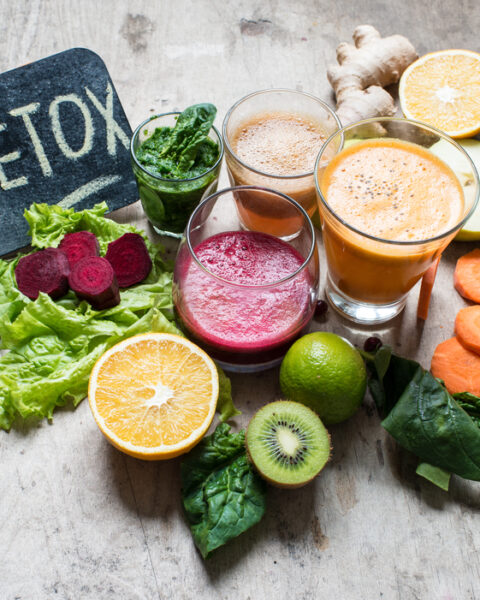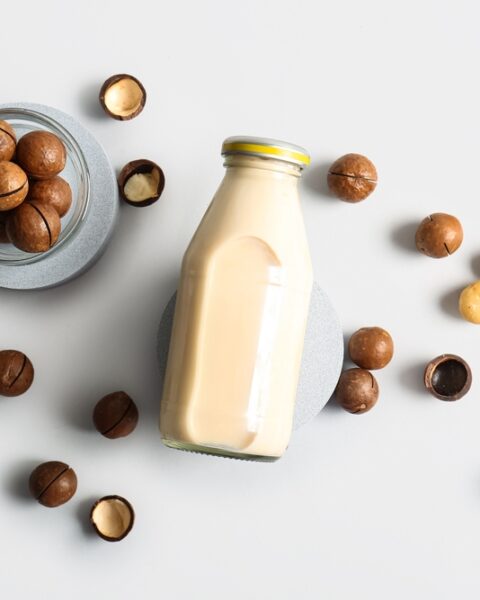Living with migraines can be really challenging, especially when certain foods can make them worse. Knowing which foods might trigger your headaches is crucial to managing your symptoms. It’s surprising how everyday items in your diet can contribute to migraine attacks. By being aware of these potential triggers, you can make better choices and hopefully reduce the frequency and intensity of your migraines.
Contents
Aged Cheeses
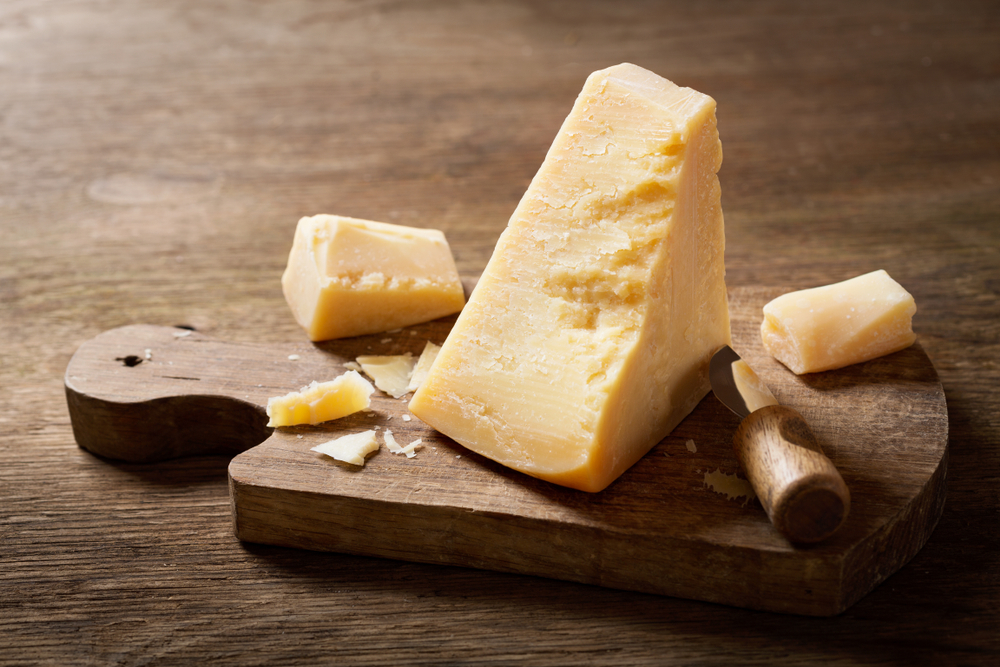
Aged cheeses like blue cheese, Parmesan, and cheddar contain tyramine, a natural compound that can trigger migraines in some people. This compound forms when proteins in cheese break down over time. The longer a cheese is aged, the higher its tyramine content. Tyramine affects the central nervous system and can lead to headaches by constricting and then dilating blood vessels. Individuals with migraines often report sensitivity to aged cheeses. Avoiding these types of cheese can help reduce the frequency of migraine attacks.
Chocolate

Chocolate is a common migraine trigger due to its content of caffeine and beta-phenylethylamine. Both substances can cause blood vessel changes that might lead to headaches. In addition, chocolate contains sugar, which can cause a spike and then a drop in blood glucose levels, potentially leading to migraines. Despite its health benefits, like antioxidants, the risk it poses to migraine sufferers often outweighs these positives. People prone to migraines are advised to monitor their chocolate intake. Keeping a food diary can help identify if chocolate is a trigger.
Caffeine

While caffeine is known to relieve headaches for some, it can also trigger migraines in others, especially when consumed in excess. Caffeine affects blood flow to the brain and can cause withdrawal headaches when intake is reduced suddenly. Regular consumption can lead to dependency, making the brain more susceptible to migraines when caffeine levels drop. Moderation is key; limiting caffeine intake to a moderate amount can help manage migraine symptoms. Sources of caffeine include coffee, tea, soda, and energy drinks.
Alcohol

Alcohol, particularly red wine, is a well-known migraine trigger. It contains histamine and tyramine, both of which can cause headaches. Red wine also contains tannins, which can stimulate the release of serotonin, a neurotransmitter involved in migraine development. Additionally, alcohol dehydrates the body, which is another common migraine trigger. Migraine sufferers often report that even small amounts of alcohol can induce an attack. Avoiding or limiting alcohol intake can help reduce the likelihood of migraines.
Monosodium Glutamate (MSG)

MSG is a flavor enhancer commonly found in processed foods, Chinese cuisine, and canned vegetables. It is known to cause headaches and other symptoms in sensitive individuals. MSG can increase glutamate levels in the brain, potentially leading to a migraine attack. The compound can also affect blood vessels, causing them to expand and trigger pain. People with migraines should check food labels carefully and avoid foods containing MSG. Opting for fresh, unprocessed foods can help mitigate this risk.
Processed Meats

Processed meats such as hot dogs, sausages, and deli meats contain preservatives like nitrates and nitrites, which can trigger migraines. These chemicals are used to enhance color and flavor but can also dilate blood vessels in the brain. Additionally, processed meats often contain high levels of sodium, which can lead to dehydration and trigger headaches. Limiting intake of these meats and choosing fresh, unprocessed alternatives can help reduce migraine frequency. Reading food labels can also aid in identifying and avoiding these preservatives.
Artificial Sweeteners

Artificial sweeteners, especially aspartame, are common in diet sodas, sugar-free products, and low-calorie foods. Aspartame has been linked to migraines in some individuals due to its effect on neurotransmitters. The sweetener can interfere with serotonin levels, which play a role in migraine development. Moreover, the body may react negatively to synthetic substances, leading to headaches. Avoiding products with artificial sweeteners and opting for natural sweeteners like stevia or honey can help mitigate this risk.
Smoked Fish

Smoked fish, such as lox and kippers, often contain high levels of tyramine, a known migraine trigger. The smoking process also introduces various chemicals that can affect sensitive individuals. These foods can cause blood vessels to dilate, leading to headaches. Additionally, smoked fish are usually high in sodium, which can contribute to dehydration, another migraine trigger. People prone to migraines should consider limiting their intake of smoked fish. Fresh, unsmoked fish can be a safer alternative.
Yeast Extract
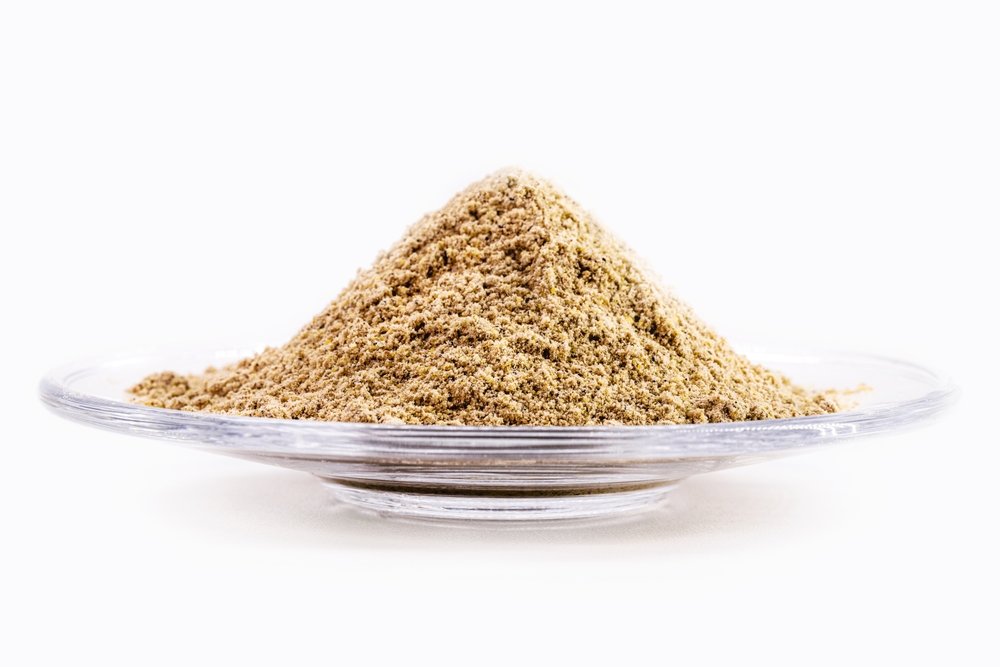
Yeast extract, found in products like Marmite and Vegemite, contains tyramine and glutamate, both of which can trigger migraines. This ingredient is often used as a flavor enhancer in soups, sauces, and snack foods. Yeast extract can affect neurotransmitter levels and blood vessel function, leading to headaches. Migraine sufferers should be cautious of foods containing yeast extract. Checking ingredient lists and choosing products without this additive can help manage migraine symptoms.
Citrus Fruits

Citrus fruits like oranges, lemons, and grapefruits can trigger migraines in some people. They contain high levels of histamine, which can cause headaches. Additionally, the acidity in citrus fruits can affect the body’s pH balance, potentially leading to migraines. While citrus fruits are nutritious and offer many health benefits, their potential to trigger migraines should not be overlooked. People sensitive to citrus may need to limit their intake or monitor their reaction to these fruits carefully.
This article originally appeared on RetailShout.
More From RetailShout
22 Nut-Based Desserts You Can Make at Home

Nut-based desserts offer the perfect combination of crunch and sweetness, making them irresistible to those who love treats with texture. Whether you’re looking for a quick snack or a decadent finish to a meal, these desserts are both easy to make and packed with the goodness of nuts. Read More.
21 Aldi Just Brought Back Its Best Holiday Products Early
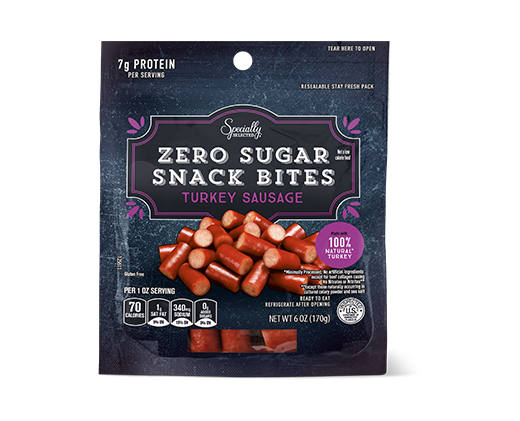
ALDI just brought back some of its best holiday products, and it’s time to get excited. These aren’t your average grocery store finds—this lineup is all about gourmet flavors and unique treats that you can’t always find year-round. Read More.
10 Amazing Food Hacks for an Unforgettable Camping Trip

Camping doesn’t mean you have to sacrifice good food and flavors. With these amazing camping food hacks, you can enjoy tasty, hassle-free meals under the stars. Read More.


